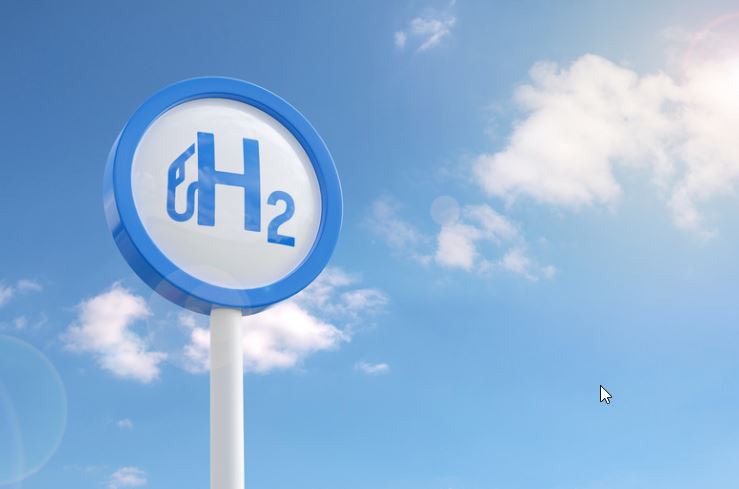Air Products plans to develop a hydrogen refueling station (HRS) network along the Trans-European Transport Network (TEN-T).
This initiative, part of their ongoing hydrogen corridor strategy, targets heavy mobility, particularly hydrogen trucks.
Air Products has previously launched hydrogen corridor projects in Canada and California. The move to Europe aims to establish a network supporting hydrogen trucks. Notably, the project has garnered subsidies from the European Commission through the Connecting Europe Facility (CEF) program. However, the specifics of the full project scope remain undisclosed, raising questions about its scalability and long-term feasibility.
The initial network will include stations in Rotterdam (Netherlands), Hürth (Germany), and the port of Ghent (Belgium), with the first commercial-scale liquid hydrogen station located in Zeebrugge (Belgium). While these locations are strategically chosen, the effectiveness of this network in meeting the needs of heavy-duty transport across Europe will depend on its expansion and integration with existing transport infrastructure.
In partnership with Daimler Truck, Air Products is testing a mobile refueling station in Duisburg for hydrogen trucks. This pilot project involves five Mercedes-Benz GenH2 trucks powered by liquid hydrogen, each with a range of over 1,000 km on a single tank. While promising, the pilot’s success will hinge on the reliability and efficiency of the refueling technology, as well as the trucks’ performance under various operating conditions.
The collaboration with Daimler Truck highlights the potential of hydrogen trucks in reducing emissions from heavy-duty transport. However, the widespread adoption of such vehicles will require significant investment in refueling infrastructure and ongoing support from both industry and government entities.
